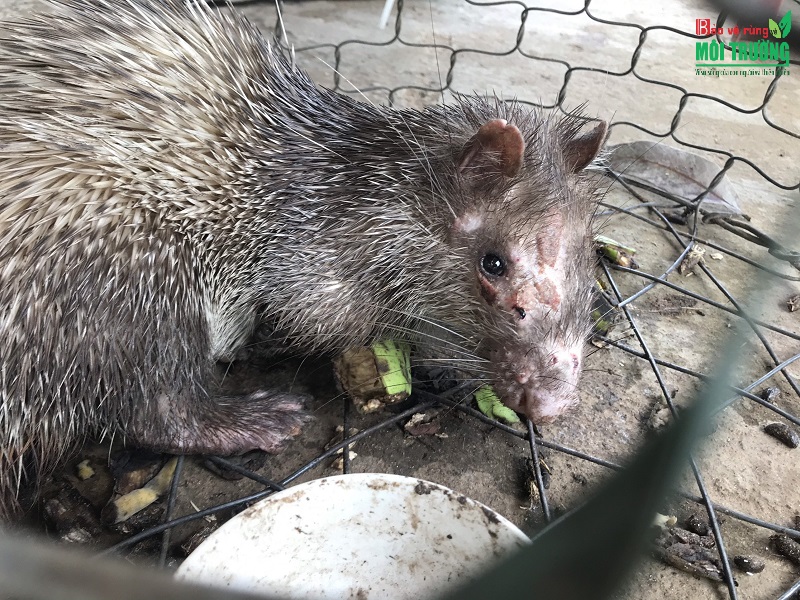
Journal of Forest and Environment Protection – The wildlife trade on the internet is a hot issue. In recent years, Vietnam has recorded thousands of cases involving the trading of wild animals on the internet, in addition to thousands of unsolved cases. The experts consider this to be an extremely important issue that requires stronger regulations to prosecute violations.
The trade of wild animals on the internet is a hot issue
Immediately after receiving information from Dan Viet newspaper from the above series of articles, leaders of Forest Protection Departments in some localities have made drastic moves in the fight to protect wildlife species in the area, with a specific focus on online trading.
Accordingly, in response to Dan Viet reporters, Mr. Hoang Quoc Huan, Head of the Ha Tinh Provincial Forest Protection Department said: “The first action is: The Forest Protection Department has signed a commitment with restaurants in the area not to slaughter bushmeat or get involved in illegal captive breeding of wildlife. Secondly, along the routes and areas where the traffickers often illegally hunt and transport wildlife, we have organized many forces to drastically prevent them.”
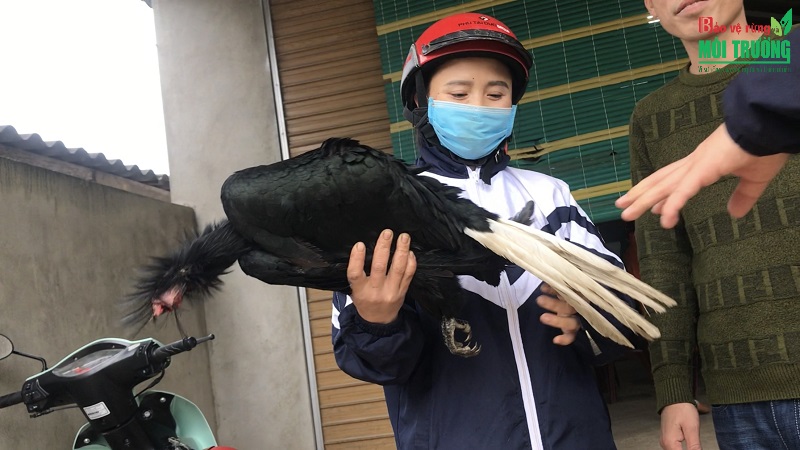
From a scientific point of view, Professor, Doctor of Science Dang Huy Huynh, the current Chairman of the Zoological Society and the Vice President of the Vietnam Association for the Protection of Nature and Environment, revealed: “Each one should know how to sacrifice their selfish ambitions a little to help nature be preserved and restored for us and for generations to come.” He added: “The wildlife trade on the internet is really a hot issue. Vietnam is also one of the wildlife trafficking hotspots that the world has warned about urgently, with many regulations to keep the situation in check. The trade in wild animals, which moved from Laos, Cambodia, Myanmar to Vietnam and to other countries, was also gradually tightened.”

The Vietnamese government is also very determined to do this. Specifically, the Law on Environmental Protection, as well as the Law on Forestry in 2017, absolutely prohibits the above acts. In my opinion, in order to improve the situation, which is still quite complicated, the customs forces, police and forest rangers must work together more closely – in the face of the transnational nature and the sophistication of this type of crime”.
Assessing wildlife resources in our country today, Prof. Dr. Dang Huy Huynh emphasized: “At the present, the number of forest animals in our country has decreased a lot. Compared to our previous research, the number of individuals in each species can be reduced by at least 60-70%.
If we do not resolutely protect wildlife animals, it will not be long before the extinction of many species has broken important ecological “links”. This will affect both the natural ecosystem and the social ecosystem, bringing about natural disasters and epidemic diseases…!”.
The “virtual markets” are “no longer safe” for violators!
In recent years, wildlife violations on the Internet are increasing at an alarming rate. Taking advantage of the ability to easily reach buyers on a large scale and easily hide their identities while using the internet and especially social networking platforms, many traffickers have regularly advertised products such as ivory, tigers, rhino horns, bear claws, tiger skins, wild game meat, and many other wildlife products.
In 2019 alone, the Wildlife Protection Department of Education for Nature (ENV) has recorded more than 2,400 cases of wildlife trade advertising on Facebook, YouTube, Zalo, Tiktok, and other websites. This number shows no sign of a reduction in 2020, which recorded 424 violations until 30/4/2020.
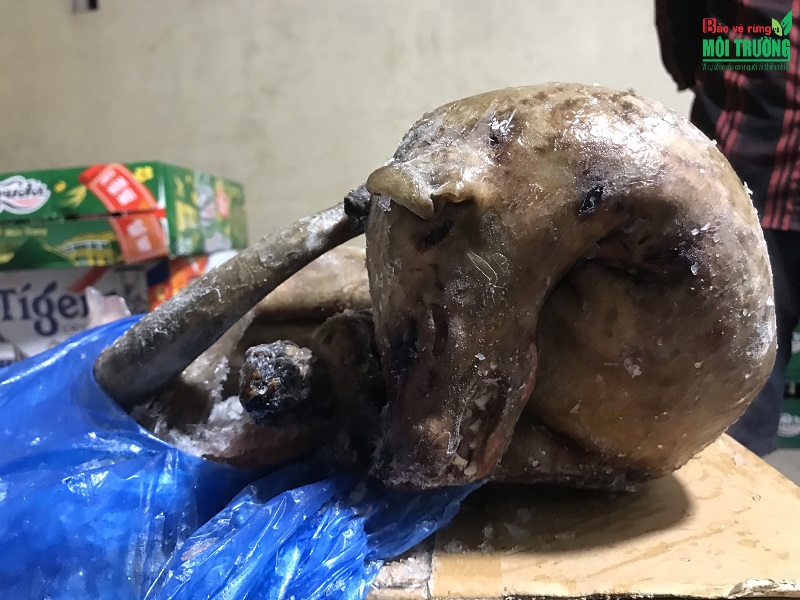
However, according to the latest information provided by ENV on March 2, 2022, in 2021, 1,058 wild animals have been rescued from captivity, transportation, illegal trade, or have been voluntarily released by their captors. Among the rescued wildlife, there are many endangered, precious and rare species such as turtles (574 individuals), monkeys (132 individuals), snakes (150 individuals), loris (21 individuals). ), tigers (17 individuals), wildcats (17 individuals), bears (13 individuals), birds of prey (14 individuals), and many other wild animals.
In 2021, out of a total of 2,448 cases detected by people reporting to the hotline, 1,807 cases were successfully handled with violations prosecuted, wildlife individuals rescued, or violators administratively/criminally handled in accordance with the law.
In 2021, 3703 cases of wildlife violations have been recorded, increasing dramatically from the figures in 2020 (2907 cases). Particularly in January 2022 alone, the authorities have confiscated 289 wild animals, removed 141 violating links on the Internet, disabled 83 social network accounts, voluntarily transferred 6 wildlife individuals, and fined 4 individuals.
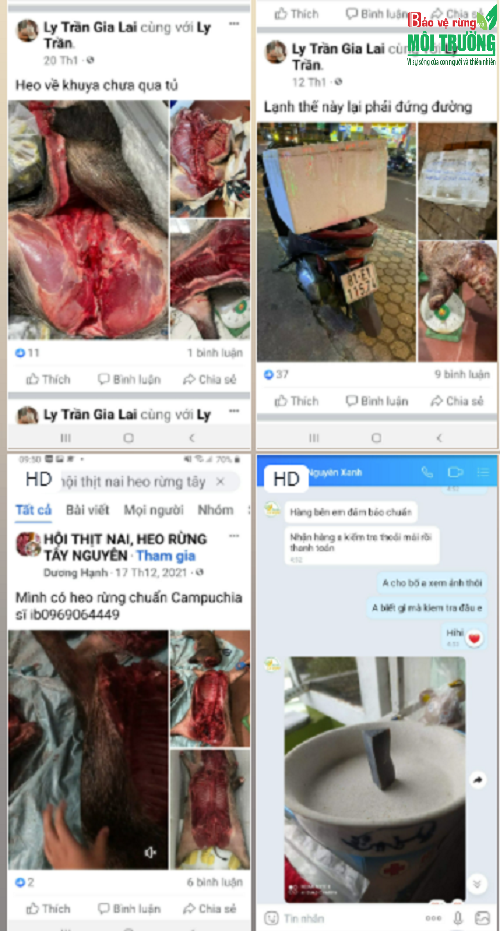
Notably, in 2021, 2470 cases of wildlife violations were recorded on the internet, of which 541 cases involved bears, 546 cases involved tigers, 44 cases involved rhinos, 559 cases involved ivory, 68 cases involved pangolins, 20 cases involved sea turtles, 262 cases involved monkeys, and many other cases that have not been recorded.
Ms. Bui Thi Ha, Deputy Director of ENV shared: “The wildlife trade, even on the Internet, is no longer safe for the violators mentioned above! ENV would like to thank the community, e-commerce platforms, and social networks that have joined hands with ENV to protect wildlife. ENV especially applauds the efforts of law enforcement agencies in investigating, tracking and handling violators on the internet.”
“ENV hopes that the valuable lessons about the consequences of wildlife trafficking will help warn those who have been hoping to “get rich” from this illegal act. ENV also suggested the authorities continue promoting and actively taking action to stop wildlife crimes on the Internet in particular and completely eliminate wildlife crimes from society in general,” said Ms. Ha.
Source: Bao ve Rung va Moi truong


